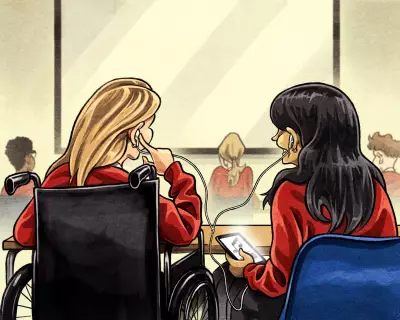
A towering new monument in the heart of Ethiopia's capital has become the centre of a heated national debate about history, identity, and political messaging. The recently unveiled 'One People' statue in Addis Ababa's bustling Meskel Square purports to celebrate Ethiopia's historical unity, but critics argue it presents a dangerously oversimplified version of the country's complex ethnic tapestry.
The Monument's Controversial Message
Standing as a bold statement in one of Addis Ababa's most prominent public spaces, the monument features figures representing different Ethiopian ethnic groups united in symbolic harmony. Government officials have championed the installation as a powerful representation of national cohesion, particularly important for a country that has experienced significant ethnic conflicts in recent years.
However, historians and political analysts have raised serious concerns about the historical accuracy of this unified narrative. Many experts contend that the monument whitewashes Ethiopia's long history of ethnic domination and marginalisation, presenting an idealised version of the past that serves current political interests rather than historical truth.
Historical Complexities Versus Political Narratives
Ethiopia's ethnic landscape is remarkably diverse, with over 80 distinct ethnic groups coexisting within its borders. The country's history is marked by periods of both cooperation and conflict between these groups, with certain ethnicities historically holding more political power than others.
"This monument risks erasing the very real struggles that many ethnic communities have faced throughout Ethiopian history," noted one academic who wished to remain anonymous due to the sensitivity of the topic. "True unity comes from acknowledging and addressing historical grievances, not from pretending they never existed."
Government's Defence and Public Reaction
The Ethiopian government has vigorously defended the monument, framing it as an important symbol for national healing and forward-looking unity. Officials argue that in a nation still recovering from recent conflicts, symbols of togetherness serve a vital purpose in rebuilding a shared national identity.
Public reaction has been decidedly mixed:
- Some citizens welcome the monument as a positive step toward national healing
- Others view it as government propaganda that ignores historical realities
- Many express concern about the allocation of resources for symbolic projects
- Several ethnic groups feel their specific historical experiences are being erased
The controversy surrounding the 'One People' monument reflects broader tensions in Ethiopian society as the country navigates its complex path toward national reconciliation and democratic governance.






